#wildlife and animals
Explore tagged Tumblr posts
Text
Horse Rant
ok listen horses are fucking insane theyre smart, like dog smart, but they are so soft and lovely yes this is my horse girl moment fight me. HOWEVER they are also MENACES. My aunt's friend was putting away a horse in a barn and when she turned to close the barn door the horse ran up to her and BIT her BACK. Have you ever SEEN horse teeth??? Theyre MASSIVE!!!! And the horse BIT HER omg i cant. Horses just decide to bite every once in a while and it is TERRIFYING how much damage they can do like wtf wtf wtf wtf???? Horses can tell if youre sure of yourself and riding a horse actually helped with my anxiety a few years ago since i was nervous but you cant let the horse know that so you have to both ACT and LOOK not anxious because the horse can literally tell by the tone of you voice, posture, etc, etc, if you dont know what youre doing and will TAKE OVER for you and will REFUSE to listen to your commands. It's like some wild fake it till you make it shit like wtf wtf wtf??? Anyway horses are great and scary and theyre like extreme weather theyre so pretty but if you dont respect them youll get your ass handed to you thank you for coming to my TED talk
#TED talk#TED talk over#horse#horses#horses of tumblr#horse girl moment#also you feel like a knight riding into battle once you start going fast it awesome lmao#knightcore#royalcore#royaltycore#send HELP#keep your EYES on the horse damn it#animals#cute animals#critters#wildlife#animal behavior#animals and wildlife#wildlife and animals#horse rant
92 notes
·
View notes
Text
tiny death roll
36K notes
·
View notes
Text
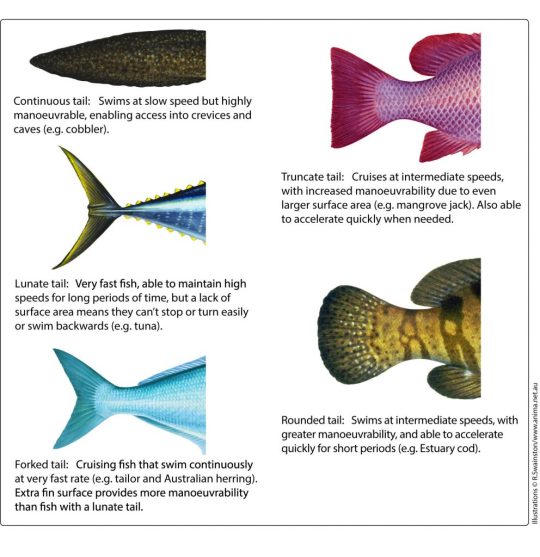
The shape of a fish's caudal tail can tell you a lot about how fast the fish moves! A rounded tail is the slowest and a lunate tail is the fastest! The lunate tail has the most optimal ratio of high thrust and low draw, making it the fastest.
Ichthyology Notes 2/?
#marine biology#science#biology#wildlife#marine life#ocean#animals#marine ecology#animal facts#fun facts#fish#fishies#zoology#fish anatomy#anatomy#fish facts#ichthyology
42K notes
·
View notes
Text
Zebras
I love doing nothing, what I don't love is the inevitable overthinking that comes with doing nothing
84K notes
·
View notes
Text

Not only are the Comedy Wildlife Photo Award winners all excellent, the banner announcements are glorious when taken out of context.
23K notes
·
View notes
Text
A manatee rescue that I follow responded to a call about a female manatee with two calves because one of her babies had been injured by a boat strike. The entire family was temporarily relocated from the wild into a wildlife rehab facility for the injured male calf to undergo treatment. While there, vets noted the female calf was significantly larger than the little injured male. They did genetic testing and determined that big sister calf actually wasn’t related to the other two manatees at all! She was in fact an orphan calf that the adult manatee had found and taken in to care for right alongside her own little one.
Wild to think this manatee calf was literally adopted and nobody would have ever known if it weren’t for random coincidence and human curiosity. Every animal that you cross paths with in life has a fascinating personal story that you’ll only ever catch a glimpse of (and that’s if you’re lucky).
33K notes
·
View notes
Text
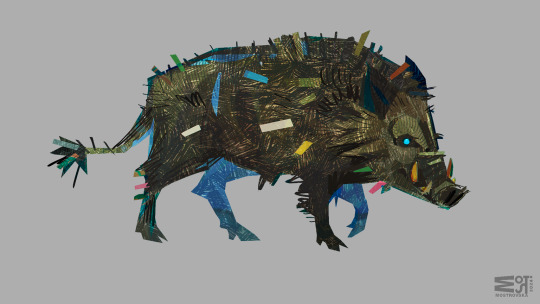
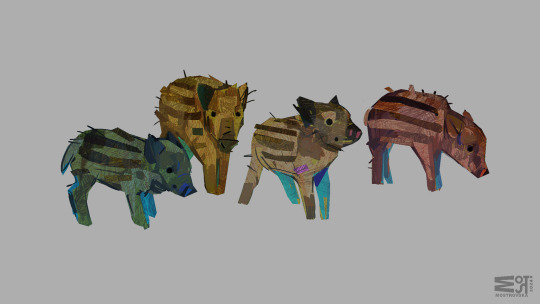
Boar and boar babies
37K notes
·
View notes
Text
21K notes
·
View notes
Text
YOINK!
Source: US fish and wildlife service on instagram (https://www.instagram.com/reel/C817Hl-qrm-/)
#black footed ferret#ferret#us fish and wildlife service#animals#today i learned “usfw” on tumblr is used for “unsafe for work”
21K notes
·
View notes
Text

Like it or not, this is the peak male form

I fucking told you so
#crabs#animals#cute animals#meme#memes#humor#lol#lmao#wheezing#hahaha#evolution#science memes#biology#stem#science#scientists#wild animals#wildlife#wildlife and animals#animals and wildlife#lgbt#lgbtqia#lgbtq#lgbtq+#queer
43 notes
·
View notes
Text
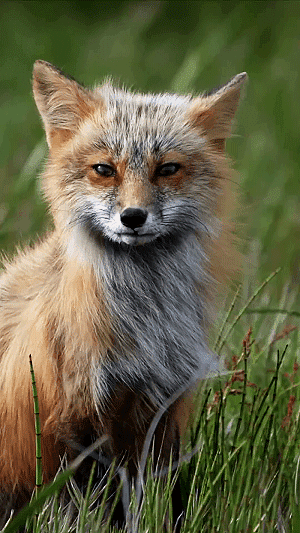
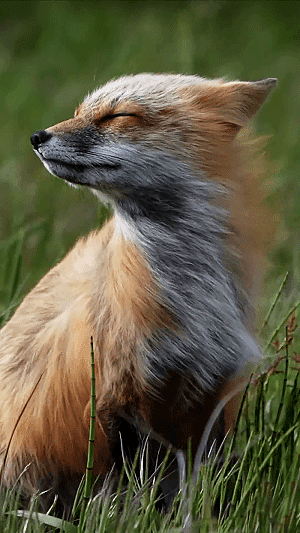
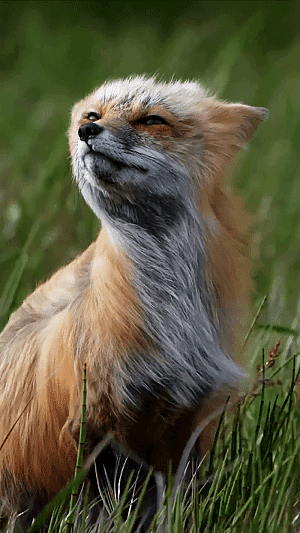

(x)
64K notes
·
View notes
Text
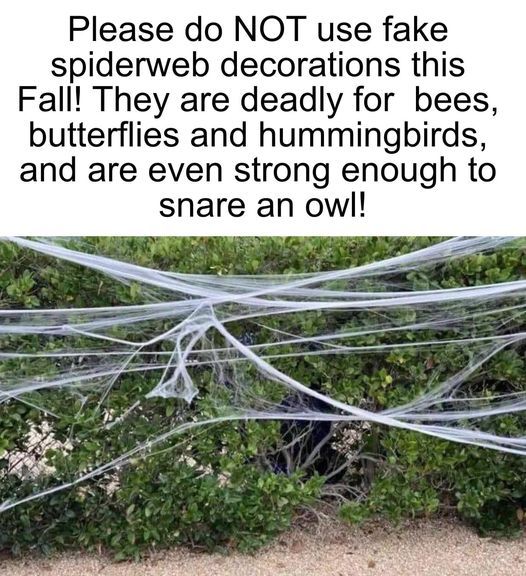
All of my friends that work at wildlife rehab centers have had to untangle animals from this stuff, or had animals brought in that died in it. This is especially nasty for small owl species.
33K notes
·
View notes
Text
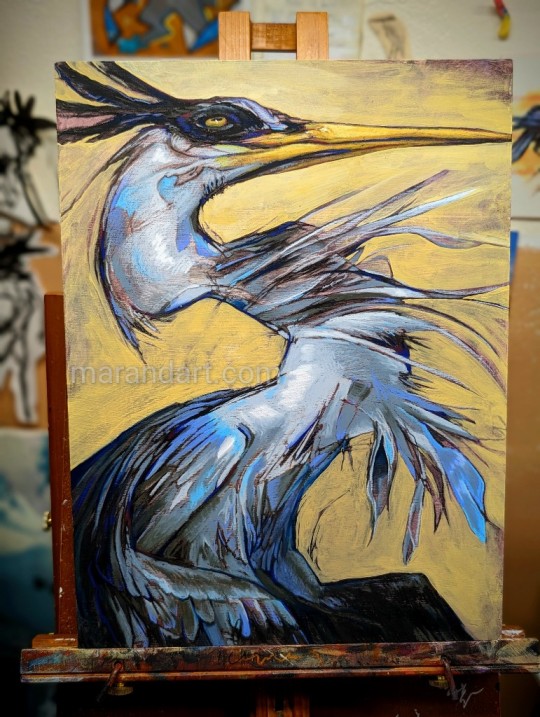
"Nihilist Heron" 12"x16" acrylic, conté crayon, wax pastel on reclaimed support
Herons have captured my attention lately. I love their feathers and shapes.
#heron#great blue heron#bird#birds#wildlife#wildlife art#art#traditional art#animal art#painting#acrylic#mixed media#feathers#expressionistic#abstracted
66K notes
·
View notes
Text
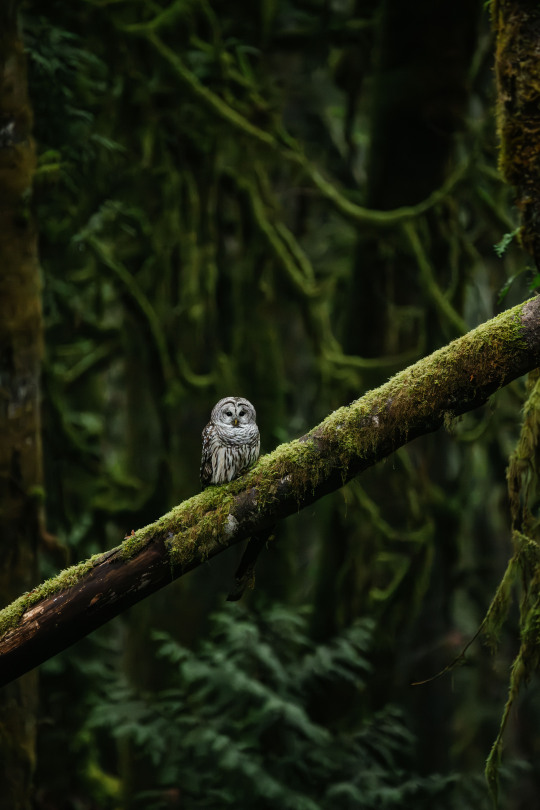
Barred owl
#barred owl#owl#bird#birds#birding#animals#wildlife#animal#forest#nature#beauty#photographers on tumblr#artists on tumblr#original photographers#original photography#photography#aesthetic#Washington#pnw#westcoastbestcoast#art#vsco#pacific northwest#explore#travel#cottagecore#p
12K notes
·
View notes
Text
Lion kneading/making biscuits
(Source)
#lion#lions#lions of tumblr#knead#kneading#animals#baby animals#aww#cute#wholesome#nature#wildlife#video#babyanimalgifs
33K notes
·
View notes
Text
Yawning is so contagious
(Source)
#cat#cats#cats of tumblr#wildlife#wild animals#wild cats#cat life#cat lovers#caturday#nature#aww#cute#wholesome#cute cats#video#justcatposts
43K notes
·
View notes